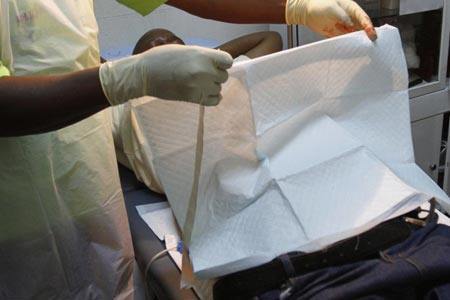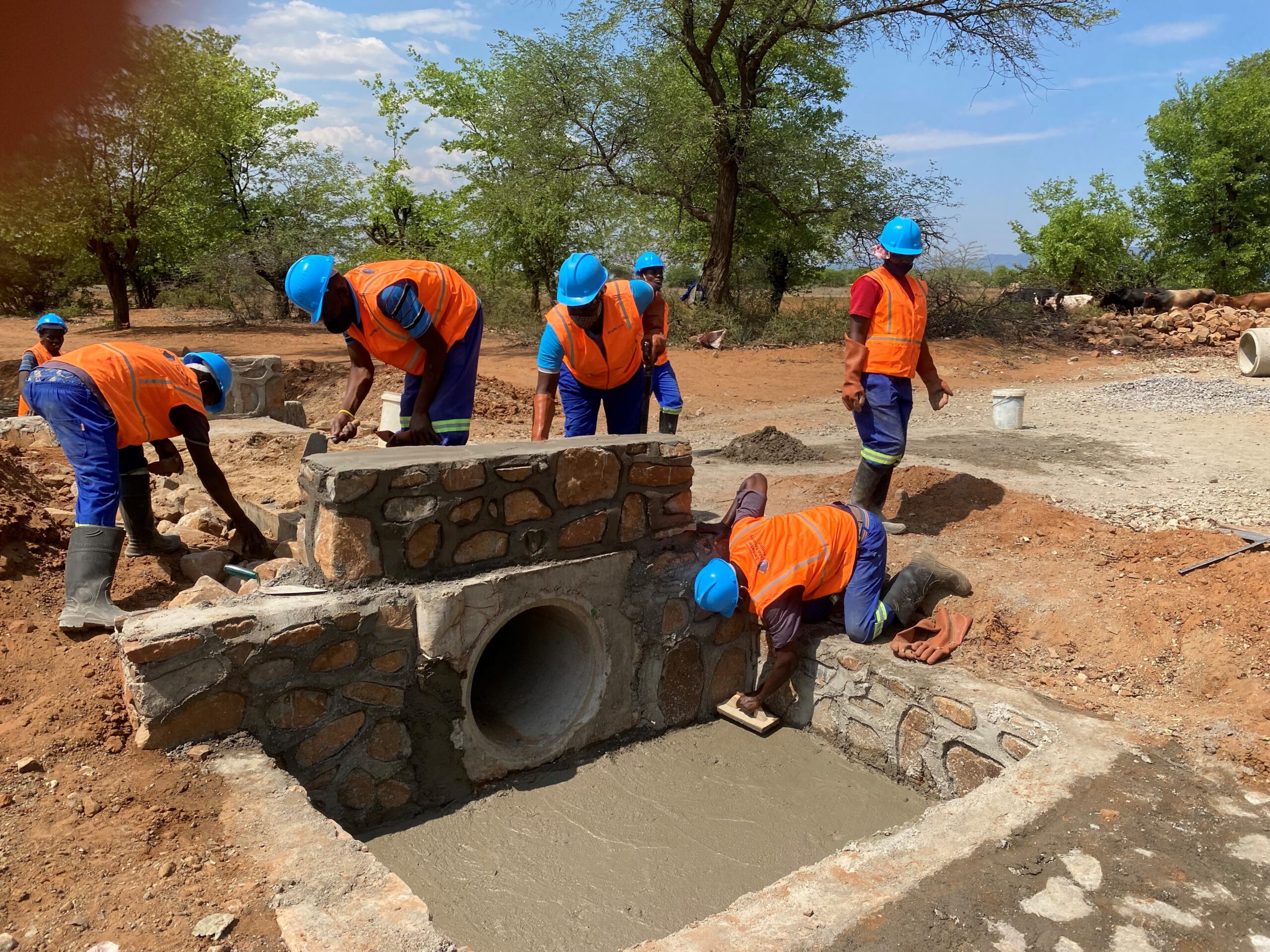
A global health organisation, Population Service International (PSI) has hailed the Shangani community for taking up modern male circumcision resulting in the recent circumcision of over a thousand men.
BY MOSES CHIBAYA
PSI male circumcision director, Ngonidzashe Madidi said the modern programme was not meant to replace traditional male circumcision, but to enhance it.
“The initial engagement itself was based on the fact that we as the medical people are bringing in value addition to the process of circumcision,” he told the Standardcommunity last week.
Madidi said this year alone, over 50 000 men have been circumcised, bringing the total of circumcised men under the PSI programme to 160 000. PSI is working in conjunction with the Health ministry. The programme started in 2010.
“We are now available in all 62 districts of Zimbabwe and all urban areas of Zimbabwe,” said Madidi. “We are also in Bulawayo and Harare. We are also in the process of launching a big site in Harare with a capacity to circumcise over 100 men in a day.”
Male circumcision — the removal of the skin that covers the head of the penis (foreskin) — is part of the HIV prevention package that also covers men’s sexual reproductive health.
Experts say male circumcision reduces the risk of heterosexually acquired HIV infection in men by approximately 60%.
- Chamisa under fire over US$120K donation
- Mavhunga puts DeMbare into Chibuku quarterfinals
- Pension funds bet on Cabora Bassa oilfields
- Councils defy govt fire tender directive
Keep Reading
Male circumcision improves hygiene (it becomes easier to maintain a clean penis), helps to prevent cancer of the penis and also reduces chances of contracting cervical cancer for the woman with a circumcised sexual partner.
It also reduces chances of contacting some sexually transmitted infections (STIs).
Madidi added that the traditional male circumcision is usually associated with higher genital mutilation because of over-circumcision by either removing too much foreskin or too little.
“We are making it safer,” he said. “We are making it richer in terms of what we bring to the table,” Madidi said.
Madidi said they also provided counselling services on HIV and awareness on sexual reproductive health to the Shangani community. A huge challenge in the promotion of male circumcision is that Zimbabwe is traditionally not a circumcising country.
The practice is common among only a few communities in Zimbabwe, particularly the Shangani tribe of Chiredzi, in the Lowveld part of the country.
In an effort to promote circumcision, some MPs were last year circumcised as part of a national HIV and Aids awareness campaign. The country had one of the world’s highest HIV infection rates in the late 1990s, but managed to bring it down to an estimated 13,7% of the adult population four years ago.
Several young men have died in South Africa after undergoing traditional circumcision. Early this year, as many as 33 young men died over two weeks in Mpumalanga province of South Africa as they took part in circumcision rituals.
South African President Jacob Zuma described it as a “massive and unnecessary loss of young life”.











